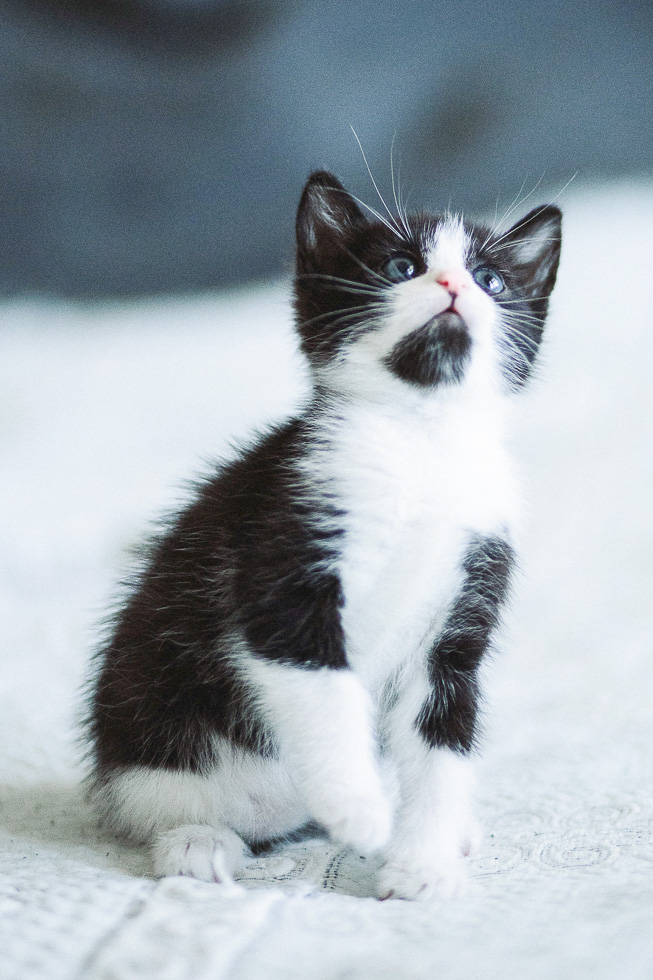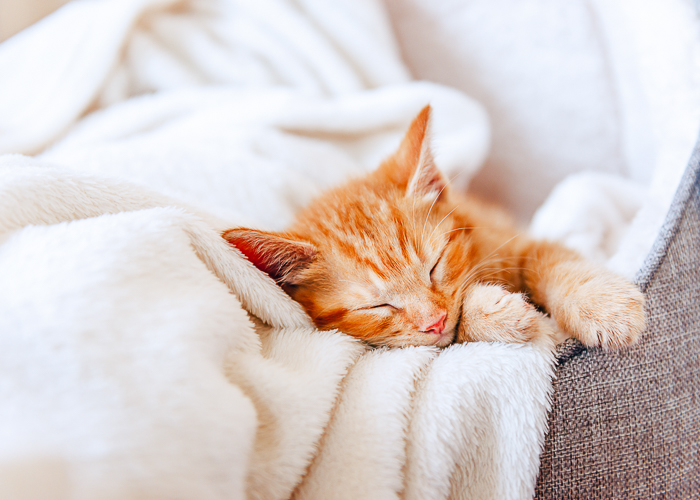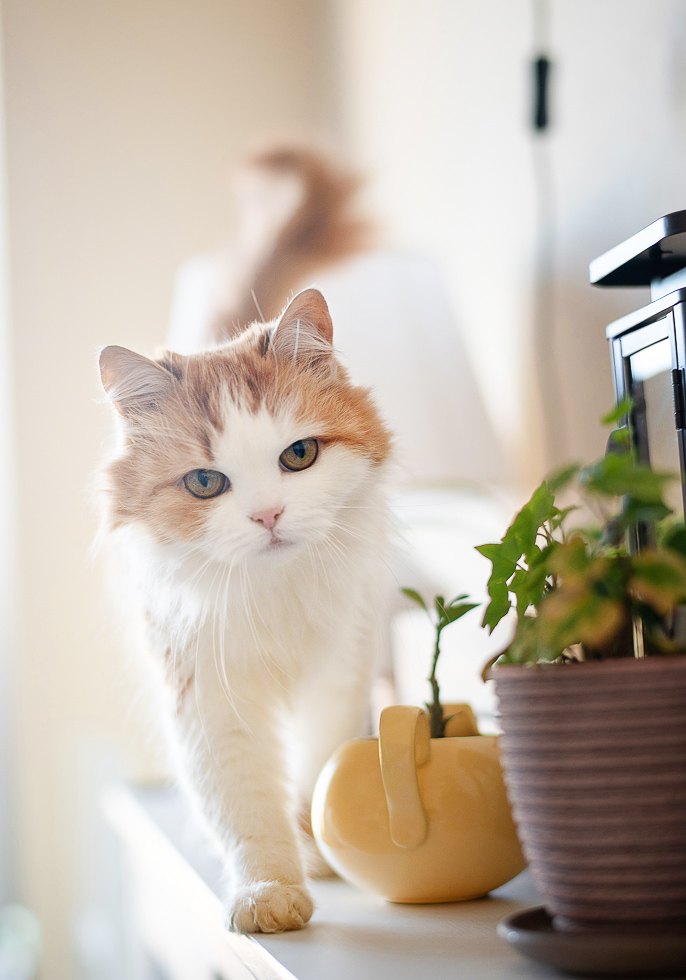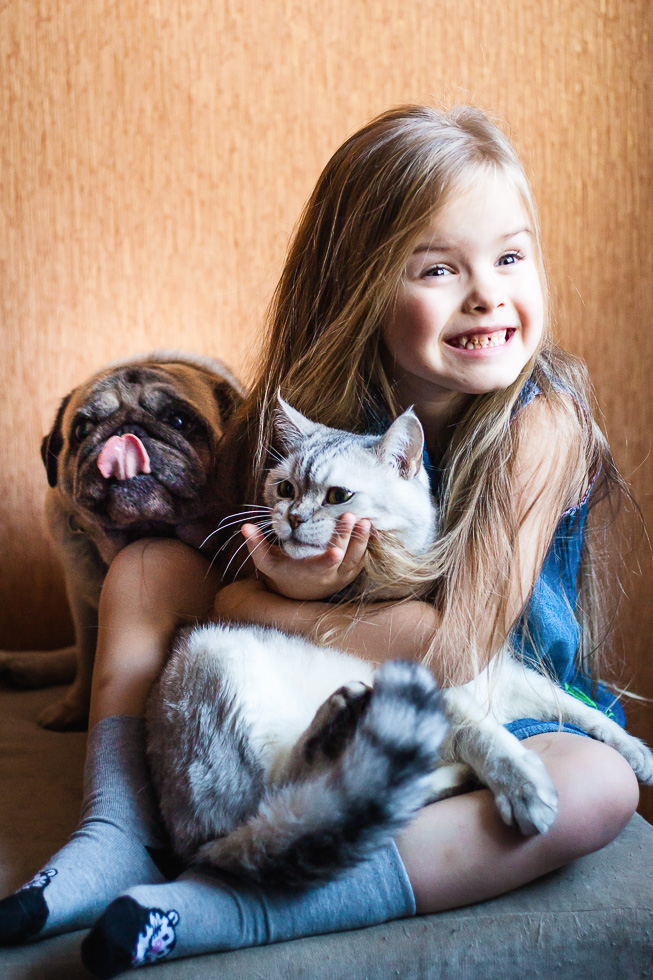Essential oils are having a moment, with applications ranging from cleaning and personal care to medical treatment and beyond. You may already be using them in your home. But what about your cat? Do essential oils exist for felines? Is it safe to use oils on, or around, cats? If so, what essential oils are safe for cats? Here’s a look at what you, as a cat parent, should know.
What are Essential Oils Anyway?
Essential oils, such as rose and frankincense, are extracts of plants noted for their fragrant and/or therapeutic characteristics. Aromatherapy is the process of breathing dispersed oil or applying it directly to the skin, such as during a massage.
The aroma particles in essential oils move directly from the olfactory nerves to the brain when inhaled, affecting the amygdala, the brain’s emotional center. Olfactory stimuli cause the amygdala to react. Is a whiff of peppermint energizing to you? That’s aromatherapy in action, and essential oils can help you harness its power.
 Using Essential Oils in the Home
Using Essential Oils in the Home
Essential oils are more readily available than ever before, thanks to an increase in online retailers and a revived interest in natural health care. Cleaning spray, hand sanitizer, scent, laundry, and skin moisturizers are just a few examples of how people are adopting them into their daily lives.
What do cats have to do with any of this? When you have feline roommates, you want to provide a safe environment for them, which means keeping dangerous things out of reach, such as some essential oils.
Essential Oils That are Toxic For Cats
Essential oils, like common houseplants that are toxic to cats, are dangerous in small doses and even more so when concentrated. The following are some of the common essential oils that can be poisonous to cats:
- Tea tree

- Geranium
- Cinnamon
- Clove
- Eucalyptus
- Bergamot
- Lavender
- Lemon
- Lime
- Orange
- Lemongrass
- Rose
- Rosemary
- Sandalwood
- Wintergreen
- Peppermint
- Spearmint
- Mint
- Ylang-ylang
Tea Tree Oil: A Special Note of Caution
In particular, Tea Tree Oil is extremely dangerous to cats, although it is safe for dogs. Never use Tea tree oil on cats. Because the poison in tea tree oil is processed by the liver, and a cat’s liver just can’t handle it. If you have dogs and cats, consult your veterinarian before using tea tree oil on them. Be aware that your cat may consume the tea tree oil while grooming themselves or their dog friends.
Are Any Essential Oils Safe for Cats?
In terms of topical applications, no essential oils are considered safe for cats. There are a few essential oils that can be use topically on dogs. But as the feline and canine bodily systems are very different, they should not be used on cats at all.
Does that mean you can’t have essential oils in your home if cats live there? No, but you do have to be careful and keep certain precautions in mind, as we are going to discuss next.
 Feline Safe Aromatherapy
Feline Safe Aromatherapy
The danger of essential oils to cats exists when they ingest them. But, inhaling them from a safe distance can be OK. In fact, some aromatherapy can be as effective for cats as it is for humans.
Aromatherapy is generally helpful to cats if it focuses on calming and relaxing them. It probably won’t put a complete stop to those 3am zoomies – that’s just a cat thing. Some calming scents may help an anxious kitty feel better about their surroundings, or a very hyperactive cat calm down a little.
To this end, Cats, like humans, are comforted by the aroma of lavender, and a blend of lavender, rose, and neroli essential oils creates a fresh, comforting scent that will benefit both you and your cat.
While some essential oils in the citrus family may have calming benefits in humans, this is not the case for cats. In fact, lemon and other citrus fruits are frequently recommended for keeping cats away from certain areas, such as that houseplant you don’t want him to eat. Yes, lemon balm can help you relax, but it won’t help your cat.
Using Essential Oil Diffusers Around Your Cat
As it is imperative that your cat does not have any chance to ingest essential oils. An essential oil diffuser is a safer way to make use of the power of aromatherapy in your home. To avoid any chance of accidental ingestion, choose a diffuser that vaporizes the oils before they are released into the room, rather than one that sprays them.
The good news is that there are lots of such essential oil diffusers available. As long as you make sure they are kept well out of reach of your curious cat. Every cat parent knows how fond cats are of knocking things over – they can be used around your kitty. Adding an oil diffuser to a higher spot they can’t reach can also help the scent spread out throughout the room more efficiently if you are making use of a vaporizing diffuser, as steam rises.
You’ll also need, however, to consider the scent level when you use essential oils around your cat. Because cats are more sensitive to fragrances than their human friends, try using a hydrosol instead of a concentrated essential oil. 
Hydrosols are the distilled water left behind after steaming plants, herbs, fruits, and flowers, and are also known as “flower waters.” If you can’t find a hydrosol you like, try adding a few drops of oil to distilled water to reduce the olfactory impact to your feline friend when the scent is released into the air.
You can spritz a little hydrosol in your cats favorite lounging location or use it as a room fragrance to help her relax. A few drops of essential oil can also be added to a water diffuser for that lighter scent your cat will prefer.



 Feline Safe Aromatherapy
Feline Safe Aromatherapy